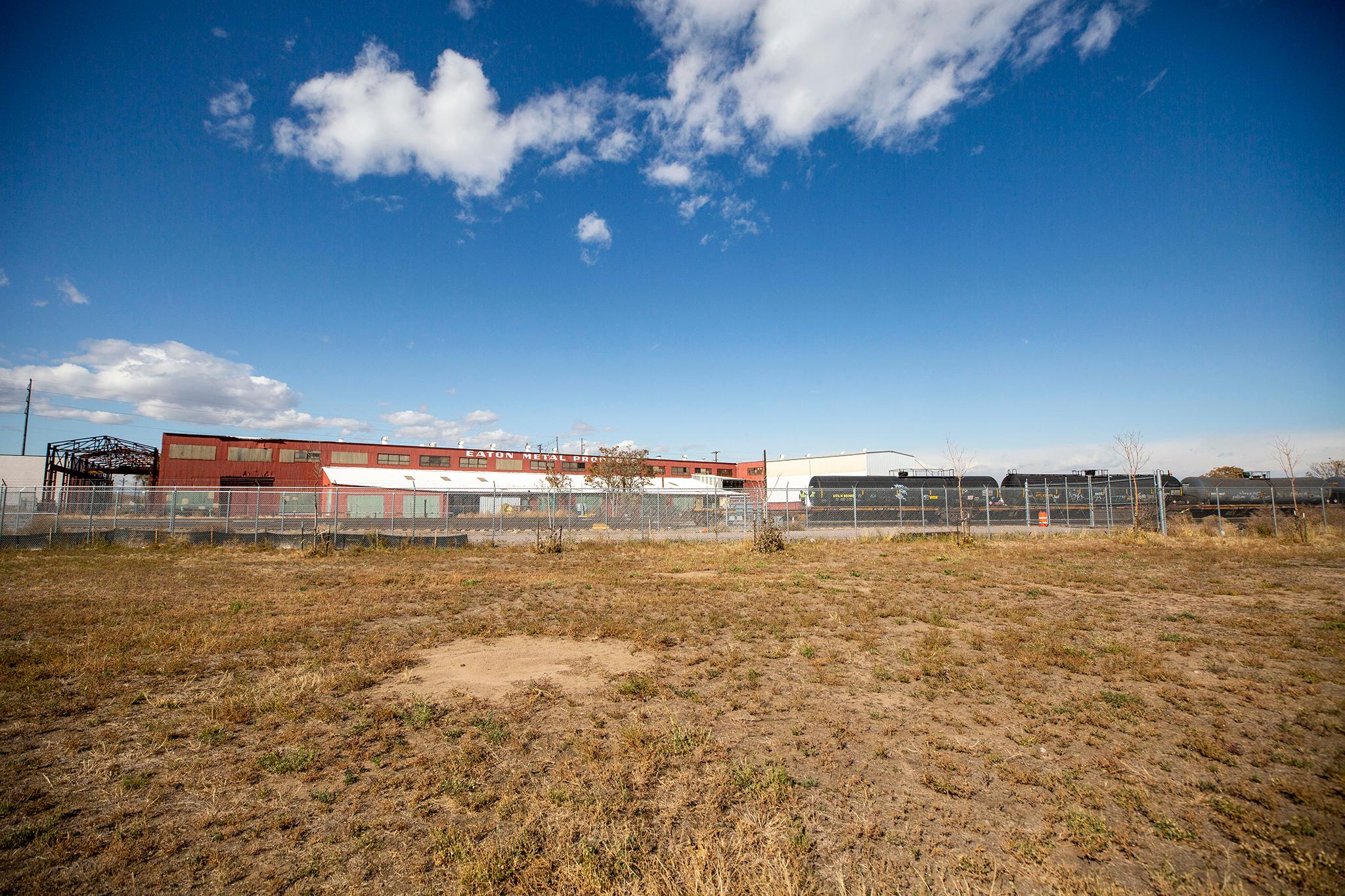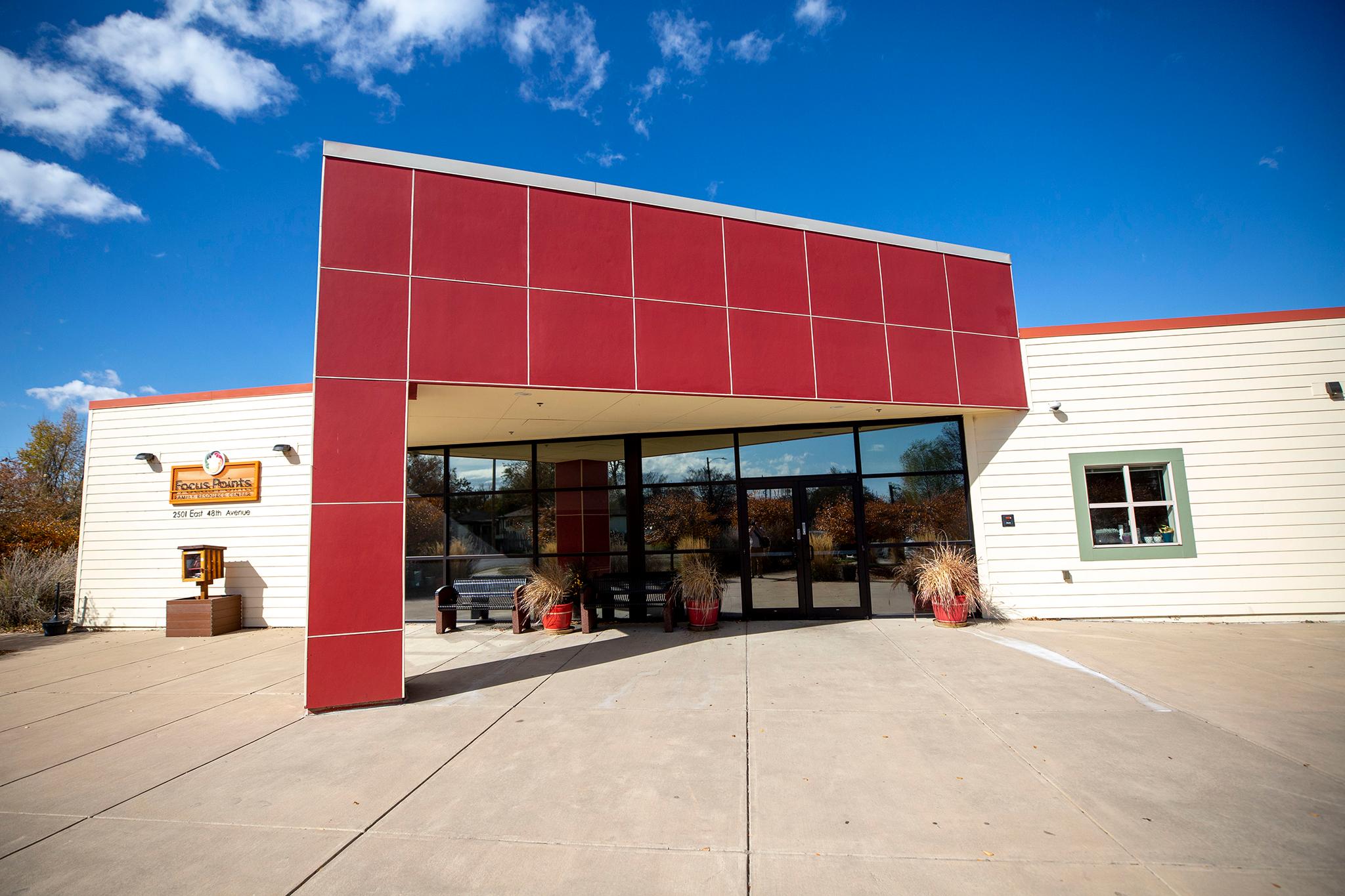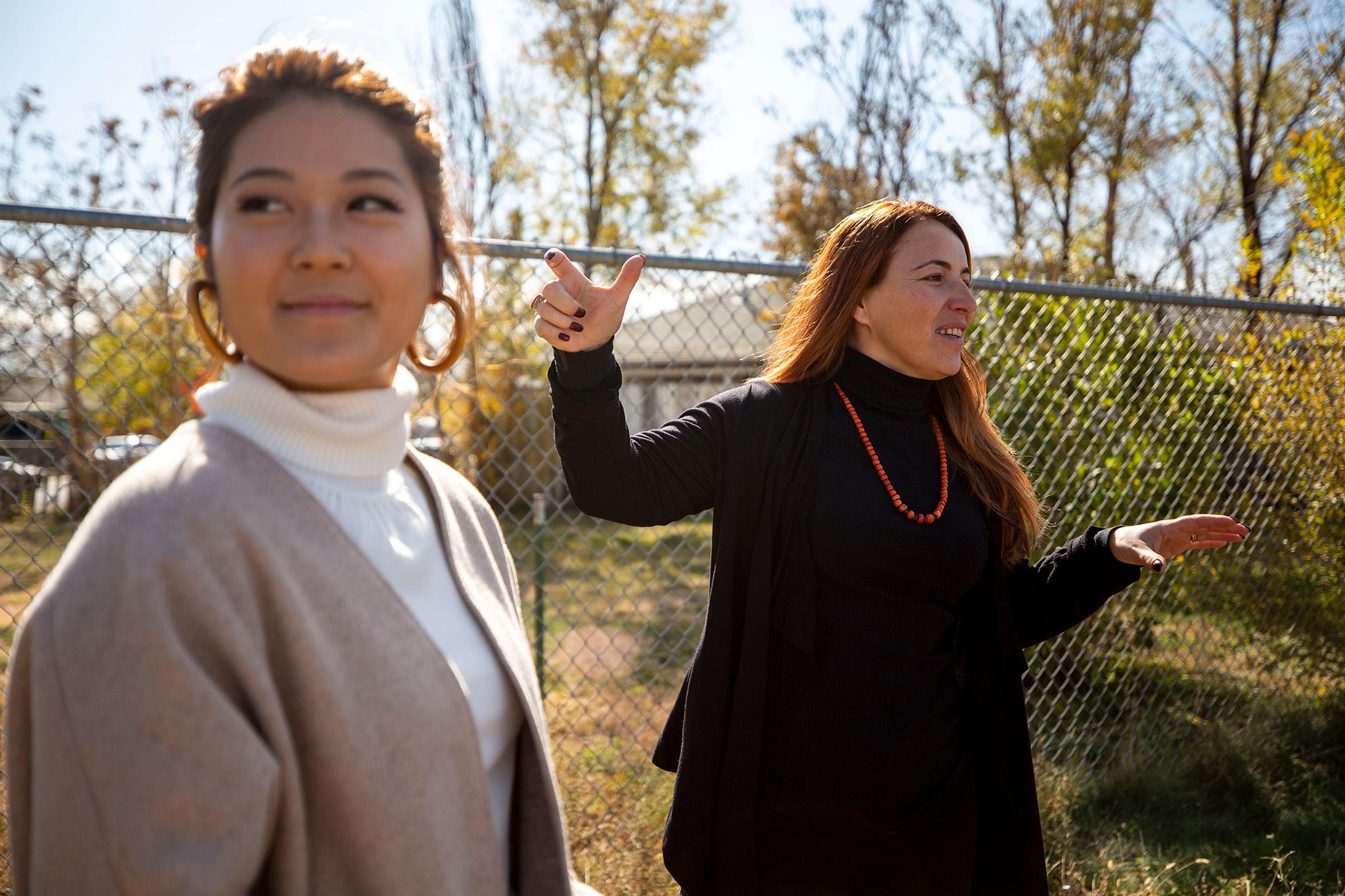The people who brought you the Comal lunch place at Taxi are working on another social enterprise to nurture the body, inspire community and create opportunity: Huerta, which means orchard in Spanish.
Comal isn't just a relaxed and lively place to grab a bowl of green chili or a plate of kebabs. It's a platform from which women -- many originally from Latin America, the Middle East and Africa -- can launch their own restaurants, catering companies or other businesses. The Comal Heritage Food Incubator grew out of a partnership linking Globeville and Elyria-Swansea residents with the Focus Points Family Resource Center, which offers early childhood and adult education and other support for families in one of the poorest parts of Denver.
Slavica Park, Focus Point's director of education and economic opportunity, said her nonprofit had workforce development in mind in the early stages of what would become Comal, which is now in its third year. It was locals, she said, who made clear they wanted to learn how to run their own businesses instead of just skills that help them work for others.
Focus Points's new project, Huerta, taps that entrepreneurial spirit and an agricultural tradition shared by many Globeville and Elyria-Swansea neighbors.
"Just as with Comal, our first social enterprise, we want Huerta to be the community's project," Park said.

Huerta will be more than an urban farm.
The team hopes to break ground late next year on two greenhouses and other growing areas, a retail space, a commercial kitchen and a patio where classes can be held. Huerta produce will be sold at farmers markets and to restaurants -- perhaps run by Comal alum -- among other enterprises.
Some of what's grown at Huerta will be transformed into products like teas and infusions that can be for other businesses. The retail space might be a tea shop.
Graduates of Huerta's two- and three-year training programs, who like Comal participants will earn wages as they learn, will go on to open their own enterprises. Perhaps a florist shop, or a business that builds greenhouses or advises on urban farming or aquaponics.
One ideal outcome would be young children getting an early start learning about healthy eating and where food comes from at Huerta while their older brothers and sisters, seeing what their parents are up to, might be encouraged to consider careers in agriculture and agribusiness.
"What is the essence of survival? It is food, it is agriculture," Park said. "We should all care about it."
Jules Kelty, Focus Point's executive director, called Huerta a program "to create economic opportunities using agriculture. Food security could be a byproduct."
So could housing security.
Huerta will be located on an acre of undeveloped land that Focus Point owns next door to its headquarters at 48th Avenue and Columbine Street. At one point, housing had been considered for the plot in a neighborhood concerned about affordability and displacement from gentrification.
"Housing would have been somewhat of a mission drift for us," Kelty said.
Denver's housing crisis is linked to the city's fast-increasing cost of living and, for many, much slower wage growth. With Huerta, Focus Points can "help people earn more," Kelty said.
"We're part of the work of helping people stay in the neighborhood and not get displaced," Kelty said.

Focus Points has largely focused on education and training since it was founded in 1995. Its current programs (in addition to Comal) include early childhood education and, for adults, help with learning English, getting familiar with computers, building a resume and obtaining food benefits and assistance with mortgage payments or rent. For Focus Points, strengthening neighbors means not just helping them build earning power, but building health with yoga and nutrition classes and mental health counseling.
"We serve parents and children simultaneously," Kelty said, adding Huerta will be the first Focus Point project to bring two generations together around one topic.
Last year Huerta was among 10 proposals from across Colorado, and one of only two in Denver, awarded $100,000 grants from the state Department of Human Services.
Money just to plan is a rare luxury, said Jen Kim, Huerta's coordinator at Focus Point.
"It's a huge gift," Kim said. "With the planning grant and all the learning from Comal, Huerta has a head start."
Planning included hosting five focus groups, where ideas like the greenhouses and the tea shop were first raised.
"Every single day that we work on this project, it gets bigger, it gets more exciting," Kim said.
Park said, "It's not just, 'Let's just put some seed in and grow things and sell things."
Kim observed urban farms on a visit to Chicago and saw that while not everyone involved went on to own a business, a significant minority did.
Park said one lesson Huerta has drawn from Comal is that budding entrepreneurs need a safe place to try out ideas.
"It's okay to make mistakes. What you do with the learning is what's important," Park said. "Make those mistakes here, so that once you're on your own ... you are ready to do it on your own with minimal mistakes."
The urban farming experts are in Chicago and in Cleveland, according to Brien Darby, who manages the Denver Botanic Gardens urban food programs. Darby said urban agriculture has been slower to take off in Denver, in large part because land is so expensive here. It was fortunate that Focus Points had a plot, Darby said.
Darby will team up to teach Huerta classes with Dan Goldhamer, who is the assistant county director and horticulture agent for Colorado State University's Denver extension office. Between them, the two have 17 years of experience as urban farmers. Darby's specialties include greenhouses and she has worked with the Denver Housing Authority on several urban farms in the city. Goldhamer's expertise includes sustainable agriculture, food safety and soils.
Darby said working with Huerta will mean presenting a bilingual curriculum for the first time, in English and Spanish. She and Goldhamer also will beef up their offerings on business management for Huerta.
Goldhamer said the Huerta experience will be useful even for participants who do not pursue farming careers. They will hone mechanical aptitude, observational skills and strong work ethics. They'll learn to be flexible -- if you're left with a load of unsold tomatoes after one weekend at the farmer's market, bring your own bottled tomato sauce to sell the next weekend.
"The values that you learn through agriculture are so transferable to any career," Goldhamer said.
Less than 1 percent of the food consumed in Denver is produced in the city. Darby has a long-term goal of seeing that figure increased to 5, even 10 percent, and thinks Huerta will help.
Other experts that Focus Points has turned to for advice on include staff at GrowHaus, a nonprofit urban farm in Elyria-Swansea, and Westwood's Re: Vision, which has used an urban farm to improve access to fresh, affordable food, as well as to create economic opportunity in Westwood.
The planning and networking paid off. Focus Points recently learned it was getting another $100,000 from the Colorado Department of Human Services. It was among four of the original 10 pilot projects to get more funding.
Chelsey Hall of the Colorado Department of Human Services called Huerta "very creative and something we'd never seen before." Focus Points' early success with Comal was also in its favor, Hall said.
Hall coordinates efforts by human services to take approaches that support both parents and families in an attempt to break the cycle of poverty. She said groups like Focus Points had adopted such a strategy long before her agency made it a focus.

Huerta "taps into a lot of our existing expertise," Kelty said.
She has launched a $2.7 million capital campaign in hopes of tapping private and philanthropic funds to start Huerta. Eventually, like Comal, she envisions Huerta generating funds itself.
"The heavy lift for this one (Huerta) is the building of the infrastructure and then maintaining it," she said.
Participants will take part in that building and maintaining. Focus Points workforce training programs already have strong partnerships with Denver's construction industry.
"People will be getting trained from the day we break ground," Kelty said.












